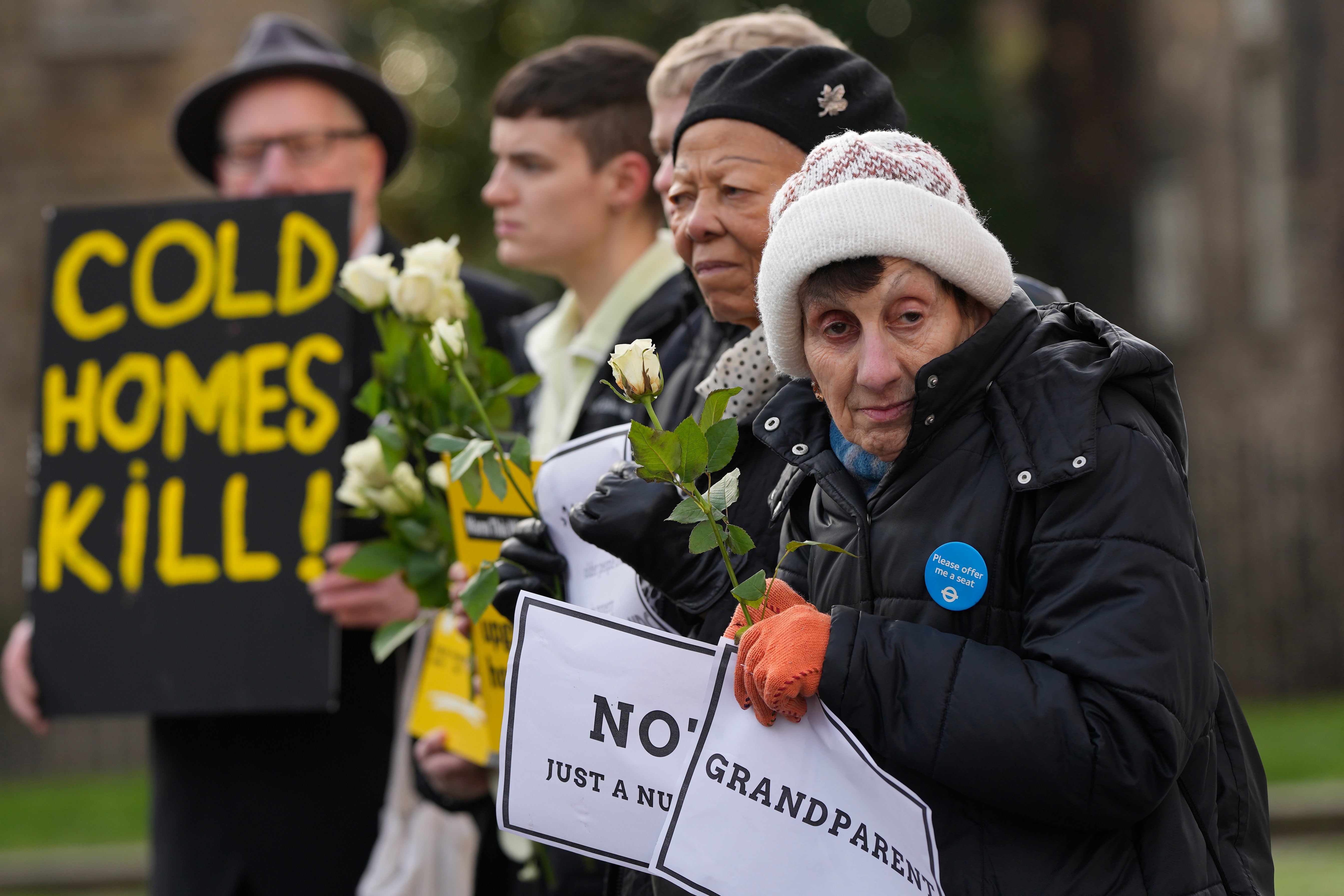Energy price cap drops – but most households will barely notice
Bills are still twice what they were last year. It’s time to consider a social tariff for the vulnerable, writes James Moore


It’s a sign of the mess we’re in that Ofgem’s energy price cap falling to £2,074 in July is portrayed in some quarters as good news.
“Roll up, ladies and gentlemen, no pushing in the queue for party poppers, it’s a celebration! You’ll be paying nearly twice what you were a couple of years ago!”
Most households will barely notice the 17 per cent reduction in the cap when it comes into force. Until now, the government’s energy price guarantee held prices at an average of £2,500 by limiting the unit price of electricity paid by consumers (so final bills were still dependent upon usage). This was supplemented with £400 of extra support through the winter, which has already been withdrawn. The guarantee will now also fall away.
So bills won’t look that much cheaper. Things might get better for some businesses and public institutions not covered by the cap, but their energy costs will also continue to remain very high by historic standards. If there is one organisation for which all of this is unequivocally good news, it is HM Treasury. It will soon no longer have to subsidise consumers’ bills, saving it a lot of money, and thus also a lot of borrowing, at a time when inflation is making such borrowing very expensive.
Good news also for Cornwall Insight, the energy consultancy flying the flag for economic forecasters, who has otherwise repeatedly been left red-faced. Its estimates have proven to be highly accurate. Its cap forecast, of £2054, was within twenty quid of the final result. We should therefore pay close attention to what Cornwall Insight is saying about the future; sorry, but it isn’t terribly encouraging.
It predicts the cap will fall again in the final three months of 2023 – but only marginally, to £1,959.58 for the average dual fuel gas and electricity customer. It means the coming winter won’t look much different from the last one from the perspective of energy costs. After that, it gets worse again with a forecast Ofgem cap of £2,026.12 in the early part of 2024.
Energy prices are highly volatile but here’s one thing we can rely on: Britain is going to have to get used to higher bills. The days when households could put the heating on without thinking are over. The flipside to this grim picture comes from Simon French, Panmure’s chief economist and head of research, who notes that average annual bills were expected to be more than £6,000 at this point. “Avoiding this was part luck (warm European winter), part behavioural change (lower consumption) and part impressive supply response (storage and production). Prices work,” he notes.
But it remains the case that some people find it very hard, and potentially dangerous, to reduce their consumption. This includes older people and those with disabilities, some of whom were faced with an impossible dilemma: heat, eat or ventilate.
Higher energy prices demand a policy response; a greater focus on energy security, efforts to make homes and businesses more efficient and so on. The economy will inevitably be held back by these sorts of prices if that doesn’t follow. The way the market operates also demands attention; there is no consumer energy market to speak of at the moment. Price comparison websites say they will email you when – and if – that changes.
One response that should be under urgent consideration is the creation of a social tariff covering the poorest and most vulnerable, for whom the impact of the current crisis has been horrific. We should put an end to impossible energy dilemmas. In Britain, people shouldn’t suffer for lack of heat.



Join our commenting forum
Join thought-provoking conversations, follow other Independent readers and see their replies
Comments